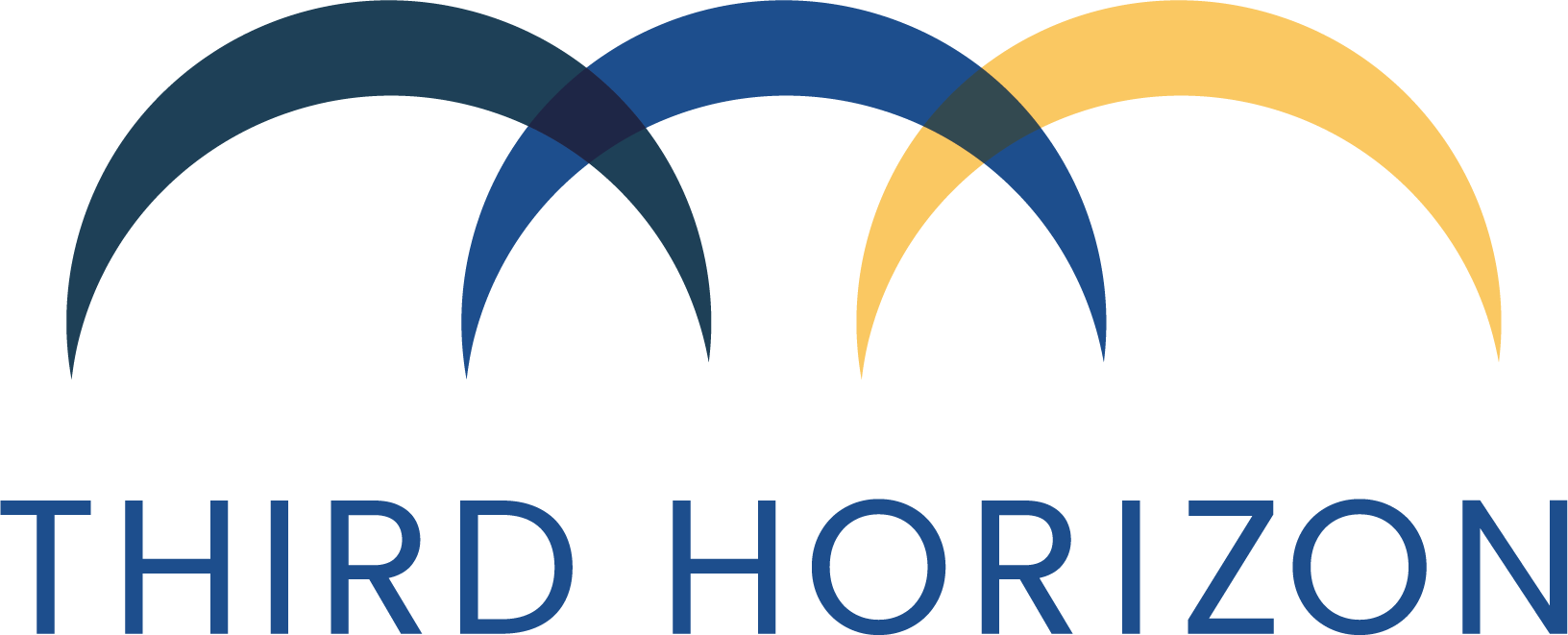- Two years after its launch, the national suicide hotline 988 remains relatively unknown to many Americans, despite having received 10 million calls, chats, and texts. According to recent Ipsos polling, although 67 percent of U.S. adults have heard of 988, only 23 percent feel somewhat familiar with it, a slight increase from last year. This awareness gap underscores ongoing challenges in promoting the hotline as a critical resource for mental health crises. While a majority of respondents express comfort in reaching out to a 988 counselor, uncertainty persists among half of them about when exactly to utilize the service. Despite these hurdles, there is strong public support—over 80 percent —for federal and state funding to sustain and enhance the hotline’s operations. (Articles here and here)
- A recent report from the National Center for Health Statistics highlights a notable gap between how teenagers perceive the social and emotional support they receive and their parents’ perceptions. While only about a quarter of teens feel they consistently receive the support they need, parents are nearly three times more likely to think their children are adequately supported. The study, based on surveys of nearly 1,200 adolescents and their parents, suggests a systematic bias where parental reports tend to overestimate support levels compared to teens’ own assessments. Experts note that adolescents, navigating complex emotions and identity development, often seek empathy and reassurance rather than advice, which may further contribute to the disconnect. The findings underscore the critical need for open communication and understanding between parents and teenagers, especially amidst ongoing challenges in youth mental health exacerbated by factors like social media use. (Article here)
July 17, 2024
Mental Health | Tea Leaves
